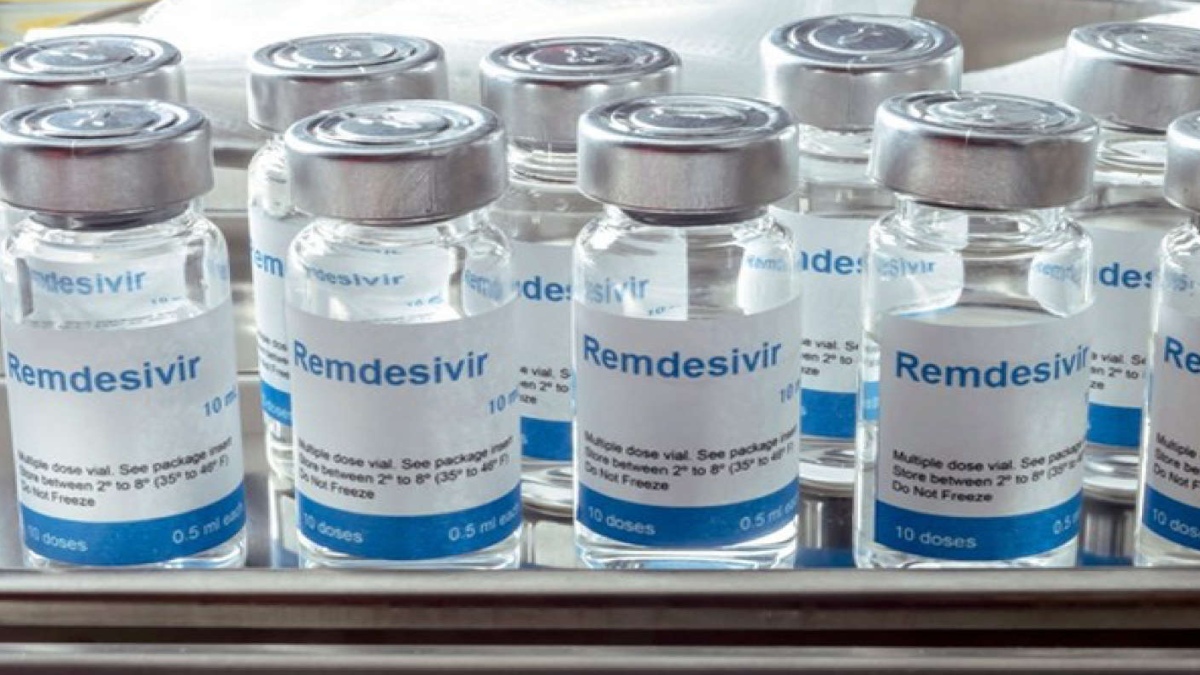
Repurposed drugs are an immediate response to an outbreak that has accelerated beyond the containment strategies during the Covid-19 pandemic. They are timesavers because these drugs have proven themselves to be safe in pre-clinical and early clinical testing. They can be fast-tracked straight into the final stage of clinical development, phase III, and can be easily evaluated for their safety and efficacy as Covid-19 treatment. The same has been done with drugs such as Remdesivir, which is given to patients who have ‘moderate or moderate progressing towards severe’ Covid-19 infection.
HOW DOES IT WORK?
Once the virus enters the human cell, it releases its genetic material, which is then copied using the body’s existing mechanism. At every stage of infection, various human proteins, virus proteins, and their interactions come into play. At the replication stage, the key viral protein, called RdRp, becomes the engine of the virus. Remdesivir acts by directly attacking RdRp. With Remdesivir replacing the ‘feeding’ material it needs, the virus fails to replicate further.
THE IDEAL TIME TO USE IT
Remdesivir was the first drug approved by the USFDA for treating the SARS-CoV-2 virus. It was claimed to be effective in the severe and critical stages of Covid-19. It was also understood to be hepatotoxic and damaging to the Liver cells. Practically speaking, viral replication ends in the first 1-7 days, complications that occur in critical and severe Covid- 19 post 7-8 days are due to an inflammatory response (SIRS). So this drug ideally should be used in the early stages, between the 2nd to 10th day when viral replication is happening, to reduce the viral load in the body.
WHAT DO YOU NEED TO KNOW ABOUT REMDESIVIR?
According to a WHO study, Remdesivir fails to prevent deaths among patients but has shown to reduce the length of hospital stay by 1-3 days. It should not be used amongst patients who are asymptomatic, mildly symptomatic or who are severely ill and have suffered multi-organ dysfunction. However, it can be used between the 2nd and 10th day of infection to improve its effectiveness amongst patients who have a moderate or moderate progressing-towards-severe infection. While Remdesivir’s effectiveness has gained significance during the pandemic, its apparent shortage has created panic amongst healthcare providers, suppliers, and patients. The reasons are many – the upsurge in the number of Covid-19 cases, unnecessary stockpiling, and administration of the drug to patients with severe infection, to name a few. However, with the second wave lashing us greatly, the government banned its export, to enable wider access locally.
THE RIGHT WAY TO USE IT
While the drug has a lot of demand, understanding its appropriate use is a must. The course ideally is six doses over five days (first day 200mg followed by 100mg for next four days), and should not be overused. It is not to be prescribed to patients who are asymptomatic, mildly symptomatic or severe infection with multi-organ dysfunction, and the patient should be thoroughly evaluated before prescribing the drug. It should not be prescribed beyond the 10th day of infection.
In the end, we must realise that a lot of patients who need this drug aren’t receiving it on time. As a community, we must act with responsibility and ensure its appropriate use and supply. Let’s turn the tide and ensure that more and more people recover and we effectively conquer this battle.
The writer is Director-Critical Care, Fortis Hospitals Mumbai & Member-Maharashtra’s Covid-19 taskforce.